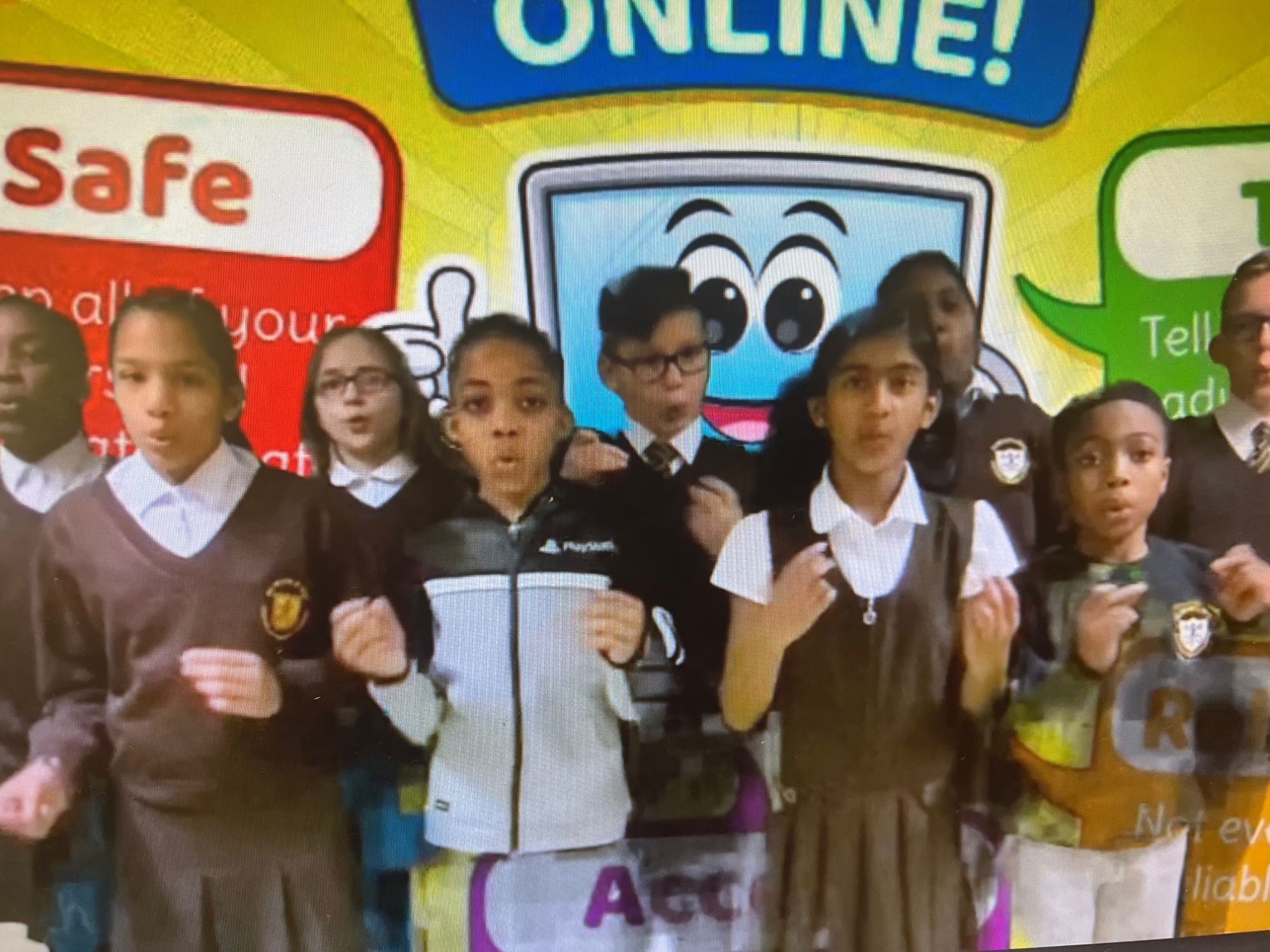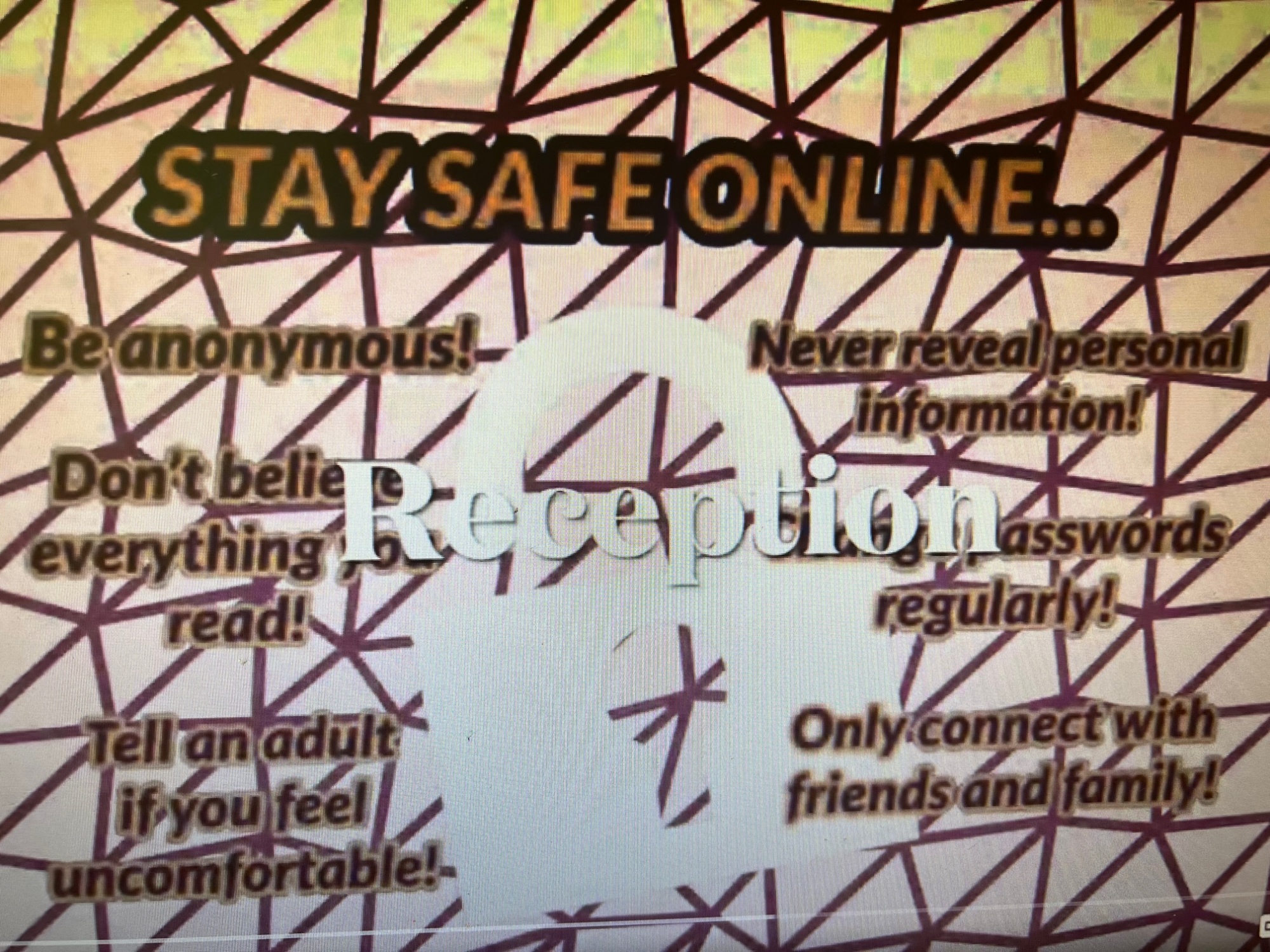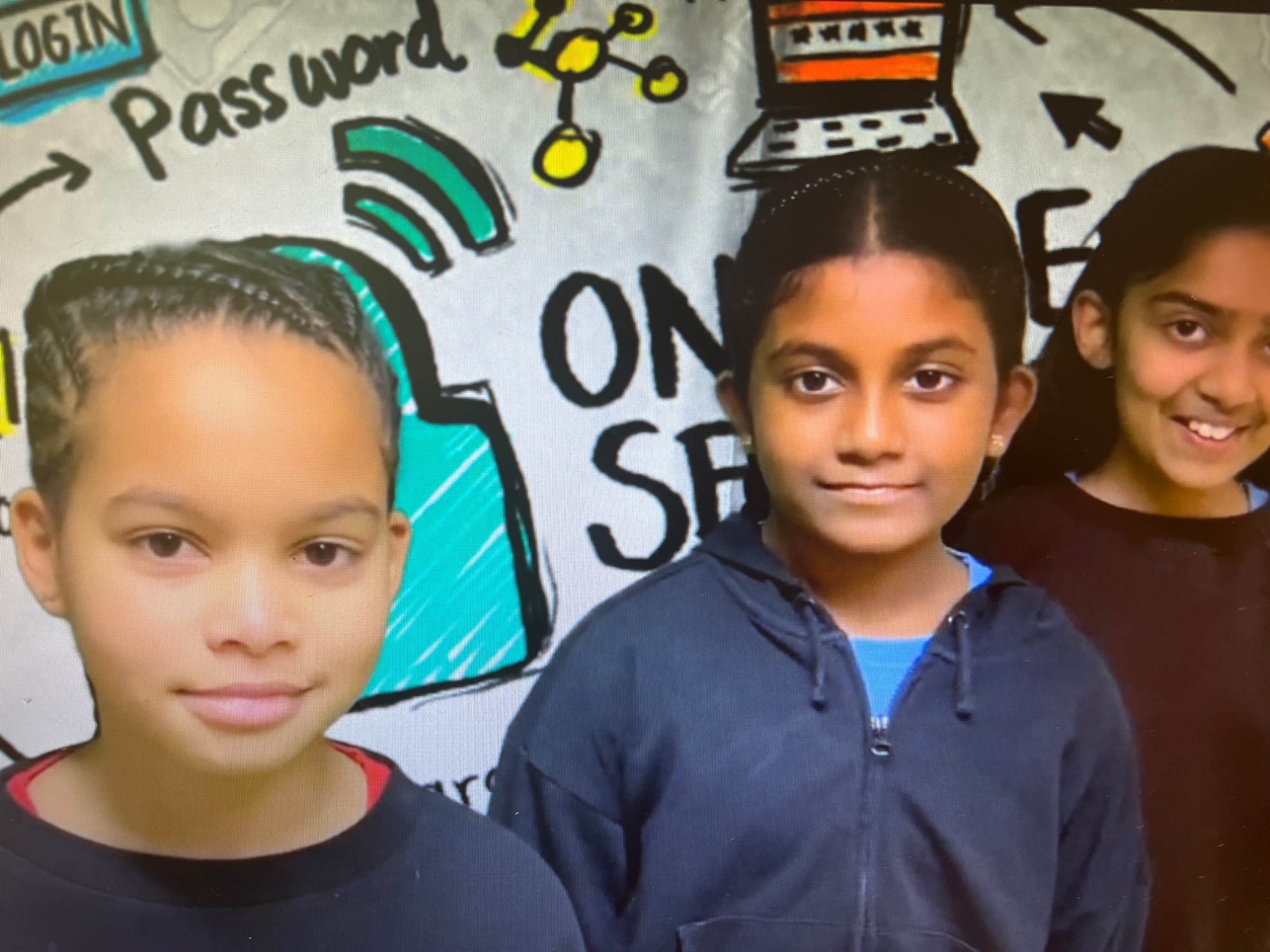Online Safety information for parents
Our students are developing in a technologically dynamic environment. While we believe that using technology is a mainly positive feature of modern life, we also must be aware of the potential pitfalls.
All through school, we try to teach children:
- How cyberbullying affects people and what to do if they have been a victim.
- To use caution while communicating online and not to share personal information because people are not always who they seem to be.
- If something upsets them, talk to a trusted adult about it.
- To question the accuracy of information obtained from web-based sources.
- To use browsers appropriately when searching for information online.
We are aware that many of our students' internet usage will happen at home, far from the school's filtering systems and we would like to offer our advice on how to stay safe and aware at home.
Here is a collection of helpful websites, tips, and tools that you could find useful when you discuss online safety with your kids. There are resources at the bottom of this page that your child can use to learn more about internet safety.
Click the images to watch some of our own internet safety videos in the form of song!
Useful resources and links
Thinkuknow http://www.thinkuknow.co.uk
Thinkuknow is an education programme from the National Crime Agency’s CEOP Command. Since 2006, it aims to ensure that everyone has access to this practical information – children, young people, their parents and carers and the professionals who work with them.
Internet Matters https://www.internetmatters.org/advice/esafety-leaflets-resources/
A comprehensive web resource with a wide array of tips and advice on how to navigate the online world with your child. Some of their guidance we attach below but you can find even more by visiting the link.
National Online Safety https://nationalonlinesafety.com/resources/platform-guides/
National Online Safety's mission is to make the internet a safer place for children. They aim to do this by equipping school staff, parents and children with the knowledge they need to understand online dangers and how best to react should an incident arise. The link above provides up to date information about a wide variety of social media apps and platforms your child might be using.
NSPCC http://www.nspcc.org.uk/preventing-abuse/keeping-children-safe/share-aware/
The NSPCC are the first to admit that the internet is amazing. Children can play, learn, create and connect - opening up a whole world of exciting possibilities. But with the digital world changing all the time, how can you make sure your child’s staying safe? That’s where the NSPCC come in. Whether you’re an online expert or you’re not sure where to start, their tools and advice will help you keep your child safe.
Childnet http://www.childnet.com/parents-and-carers
Childnet International is a registered UK charity that aims to make the internet a safe place for children and young people. Packed with resources it is a great resource for parents.
CEOP http://ceop.police.uk/safety-centre/
Child Exploitation and Online Protection (CEOP) is part of the National Crime Agency and their website can be used to report if you are worried about online abuse or the way someone is communicating online.
BBC https://www.bbc.com/ownit
The BBC have a website and app called Own It. The website has a lot of content for children to help them navigate their online lives, and the free smartphone app comes with a special keyboard which can intervene with help and support in the moments that children need it the most.
SafetoNet https://safetonet.com/
SafeToNet is technology that educates children “in-the-moment” as they use their device. It is a safeguarding assistant that helps them become responsible and safe digital citizens. Its power lies in a smart keyboard that detects risks in real-time. It steers children away from trouble by filtering harmful outgoing messages before they can be sent and any damage can be done.
A guide to Apps & Social Media
The number of apps and social media channels your child could be exposed to grow all the time, as does an app's functionality. We recommend you visit Net Aware to read the latest and most current advice on over 70 apps to ensure you know what they do, how you can limit their features as well as recommended age restrictions.
The apps included are:
- Fortnite
- Snapchat
- YouTube
- Minecraft
- Clash of Clans & Clash Royale
- Kik
- Friv
- Dubsmash
- Wink
- YOLO
- TikTok
- And many, many more



